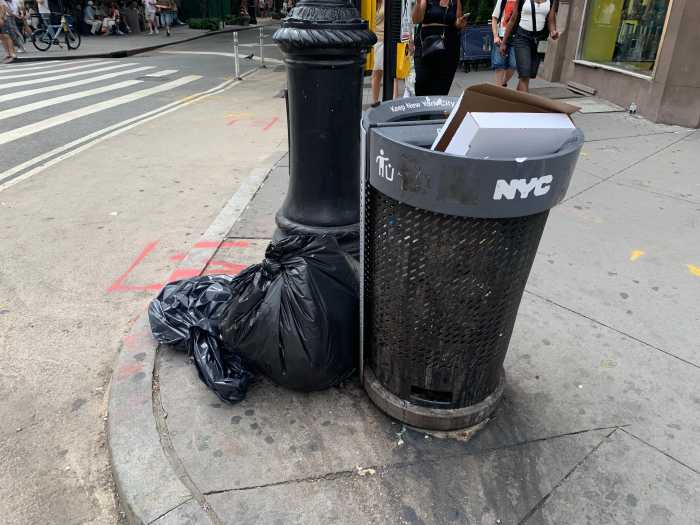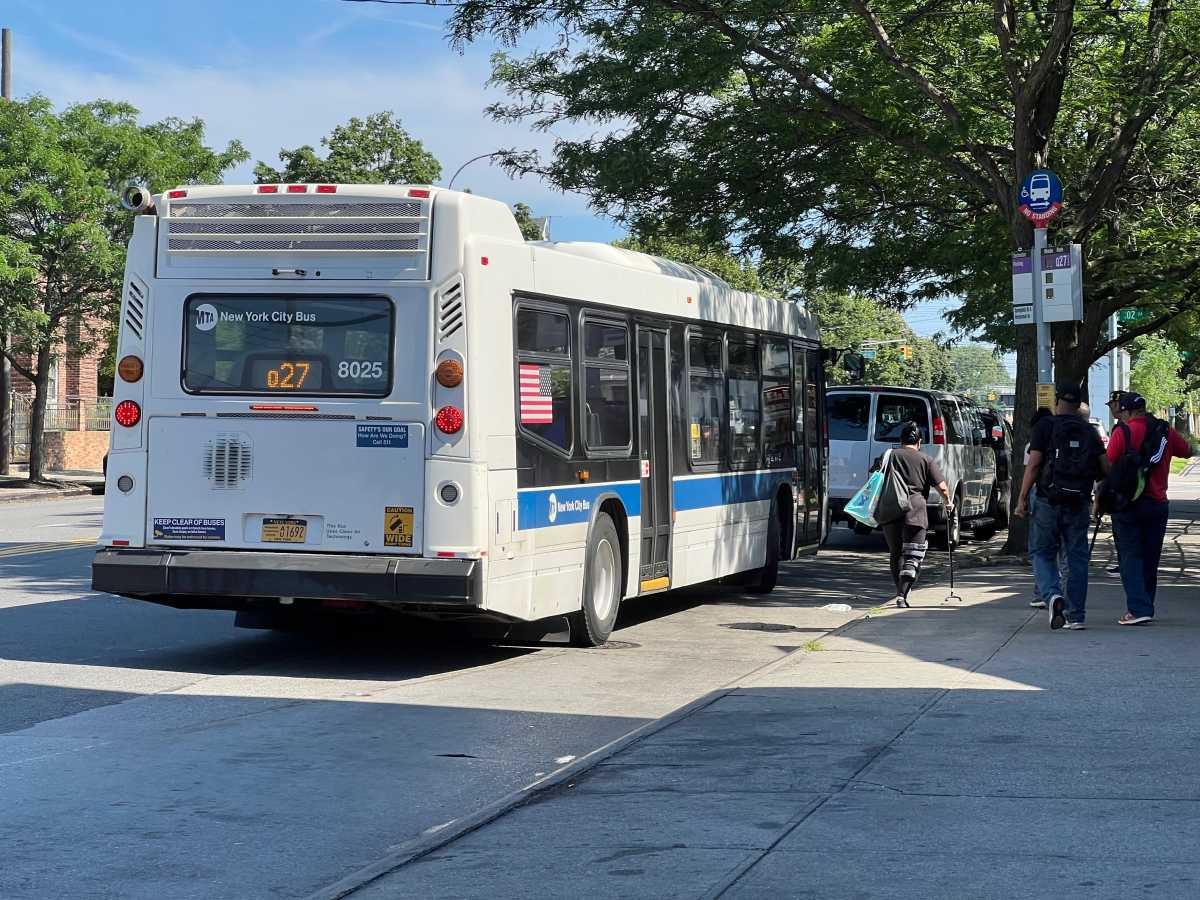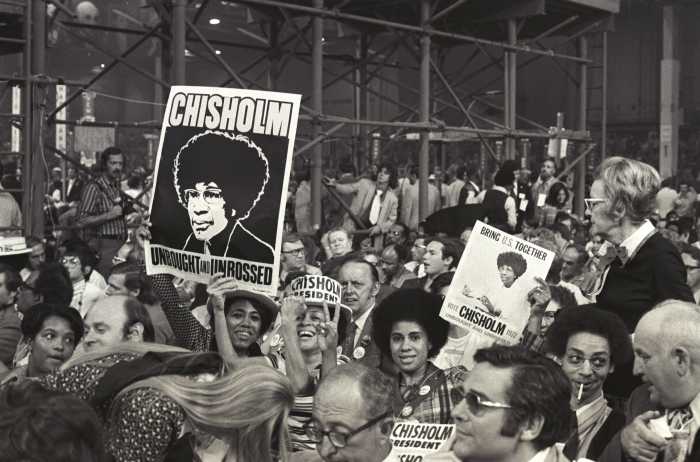
What if I told you your boss wanted to promote you, but you’d lose $50,000 if you took the position?
That’s what the city plans to tell teachers who became assistant principals since 2009 or want to become assistant principals in the next few years.
The city’s labor and education departments have decided that teachers who become assistant principals in public schools won’t get retroactive pay that was promised in the new contract with the teachers union.
The city says they have not worked “continuously” and therefore are not eligible for the retroactive payments earned during their many years without a contract. The staggered payments are now agreed upon through the contract.
Putting aside the illogical notion that working for the same city, for the same department and, very often, in the same school, is not “continuous employment,” what kind of educational philosophy is this?
Mayor Bill de Blasio and Schools Chancellor Carmen Fariña have said school leaders should come from the ranks of experienced NYC teachers. So why are we punishing teachers who wish to stay in city schools but in a new role? Why should a teacher who’s been working years in a classroom have to decide between a new position and up to $50,000 in retroactive pay? Why would they be asked to leave behind earned income?
The city claims that once a teacher becomes an assistant principal, he or she will have the chance to make up the money because assistant principals make more than teachers. Huh? Of course they will and should earn more in a supervisory role. They have more responsibilities and accountability. But it’s not about making it up — this is money these educators have already earned.
The city’s unreasonable stance creates flawed educational policy. It will discourage teachers through the life of the new United Federation of Teachers contract from looking beyond the classroom to, perhaps, leading a school. It will make the job of principals harder as they search for seasoned educators to fill assistant principal positions. It will further decrease the pool of qualified supervisory talent.
It’s a policy that NYC cannot afford if it is serious about reinvigorating schools as partnerships.
Ernest Logan is the president of the Council of School Supervisors and Administrators, a union that represents supervisory employees in city public schools.<



































